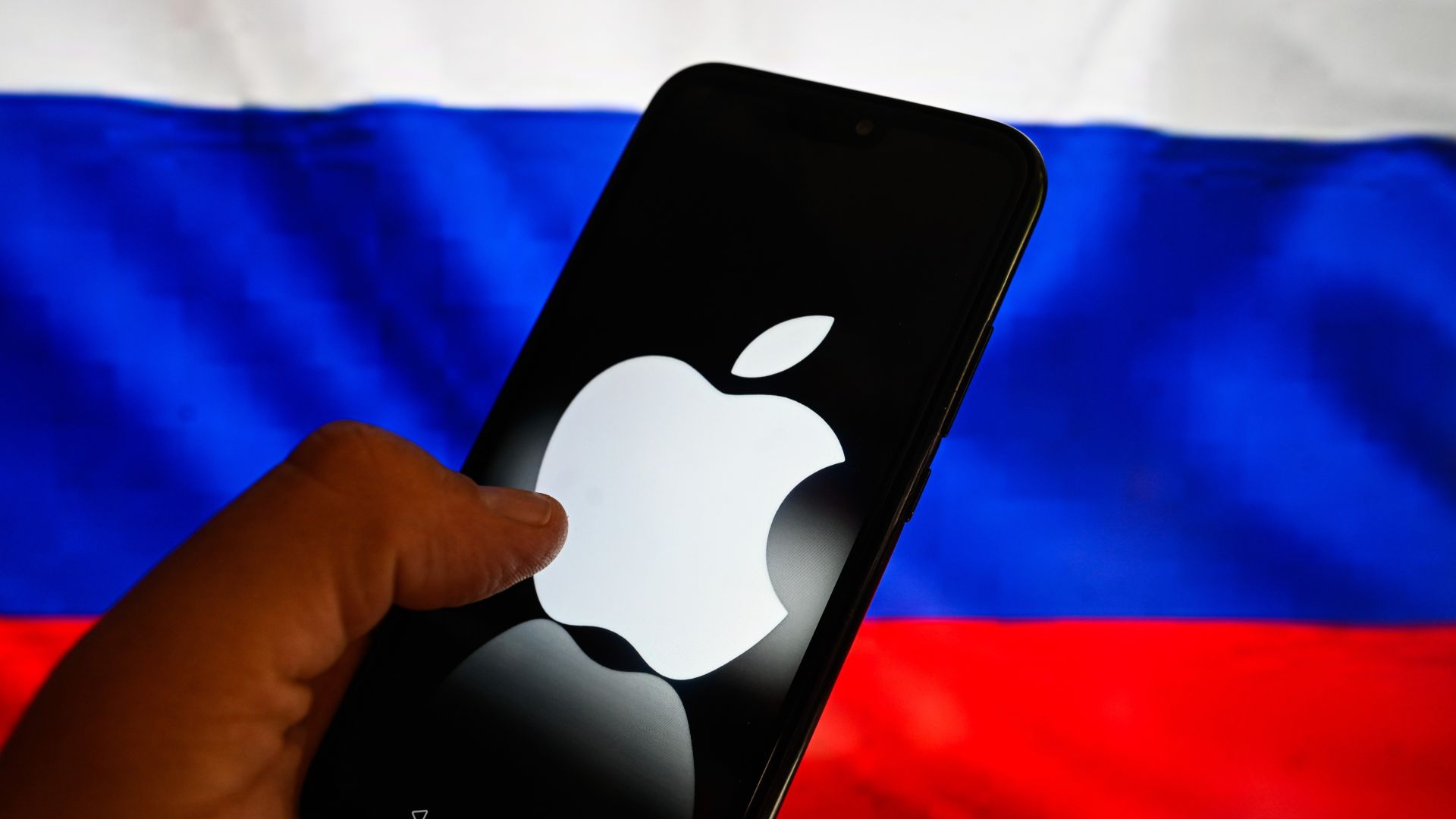Russia: Apple Deletes Popular VPN App Amidst Heightened Censorship Concerns
Apple's recent removal of the popular VPN app, "ExpressVPN," from its Russian App Store has sparked widespread concern over increasing censorship and limitations on internet access within the country. This action follows a pattern of tightening digital restrictions in Russia, raising questions about the future of online freedom and the role of tech companies in navigating geopolitical complexities.
ExpressVPN's Removal: A Significant Blow to Digital Freedom in Russia?
The deletion of ExpressVPN, a widely-used Virtual Private Network (VPN) service known for its robust security and privacy features, significantly impacts Russian users' ability to circumvent government-imposed restrictions on internet access. For years, VPNs have been a crucial tool for accessing blocked websites and content, enabling citizens to bypass censorship and maintain access to a free and open internet. ExpressVPN's removal, therefore, represents a notable step towards limiting online freedom in Russia.
While Apple hasn't publicly stated the specific reason behind the app's removal, it's widely believed to be in response to increasing pressure from Russian authorities. The Kremlin has been actively cracking down on dissent and independent media, utilizing internet restrictions as a key tool in suppressing opposing voices. This action by Apple aligns with a broader trend of tech companies facing difficult choices between complying with local regulations and upholding their commitment to user privacy and freedom of expression.
The Implications for Other VPN Providers and Russian Internet Users
The removal of ExpressVPN raises serious concerns for other VPN providers operating in Russia. This precedent could encourage further crackdowns and potentially lead to the removal of other popular VPN apps from the Russian App Store. This would severely limit the ability of Russian citizens to access information freely and could significantly impact their ability to engage in online activities such as accessing news, social media, and communication platforms.
This situation highlights the ongoing struggle between governments seeking to control information flow and individuals striving to maintain access to a free and open internet. The challenges are multifaceted, involving legal frameworks, technological capabilities, and ethical considerations for technology companies operating in restrictive environments.
What Lies Ahead for Digital Freedom in Russia?
The future of digital freedom in Russia remains uncertain. The removal of ExpressVPN is a significant setback, highlighting the growing challenges faced by those seeking to access unrestricted information online. The international community, human rights organizations, and digital freedom advocates will need to closely monitor the situation and advocate for the protection of internet freedoms in Russia.
This situation underscores the importance of digital literacy and the exploration of alternative methods for accessing information in countries with strict internet censorship. Users in Russia and other countries with similar restrictions should consider diversifying their methods of accessing the internet and staying informed about the evolving landscape of digital freedom.
Further Reading:
Call to Action: Stay informed about the evolving situation in Russia and advocate for digital freedom globally. Share this article to raise awareness about the challenges faced by internet users in restrictive environments.

